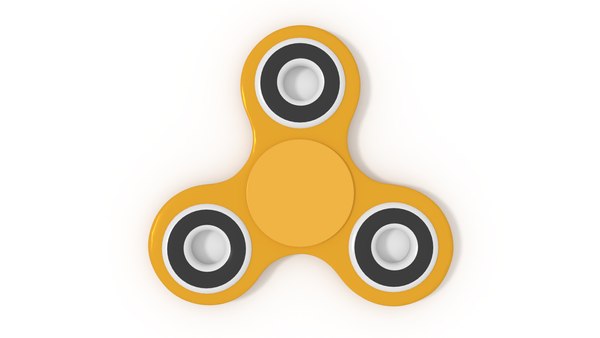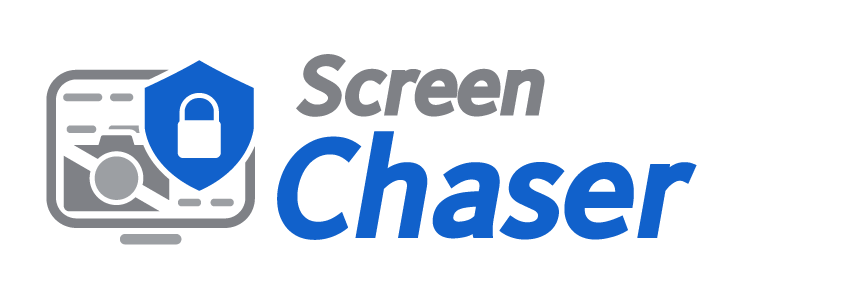Here’s an extensive ADHD medication list that includes stimulants, non-stimulants as well as specific considerations. This article will examine the different types of ADHD medications, including their effects on the body, precautions, and interactions with other medications. Below is an overview of the most frequently prescribed medications. To learn more about the various types of ADHD medications, visit the official website of the American Academy of Pediatrics. It is also useful to understand how to use the ADHD medication list and adhd medication list what to consider before you decide to take a medication.
Stimulants
There are various types of ADHD medication, and the most commonly prescribed is stimulants. These drugs have the highest rate of success however they come with risks, like adverse effects and the possibility of abuse. Non-stimulants, on the other however, work slowly to alleviate symptoms of ADHD. These medications work to improve impulse control and overall concentration However, Adhd medication list they should be taken every day and the results may take several weeks.
Unfortunately, the misuse of prescription stimulants can result in a substance use disorder and in some cases, addiction. Tolerance can be a result of long-term use of stimulants, which implies that one must use higher doses of stimulants and more often. These medications can lead to addiction, which can be serious and even fatal. You should talk to your doctor if you suspect that your child is taking stimulants in a wrong way.
Atypical antidepressants, certain blood-pressure medications and Strattera are just a few examples of non-stimulants. These medications are used to treat ADHD when stimulants have failed or cause undesirable adverse side effects. ADHD medication can make anxiety worse so it is crucial that your child doesn’t take stimulants when they are associated with anxiety. There are a myriad of ADHD treatment alternatives. A popular non-stimulant is Intuniv XR. It is recommended for kids aged 6-12 who exhibit hyperactivity or impulsivity.
These drugs are not recommended for people who have a history of drug use, since they are not as effective. The individual’s age, weight, tolerance and sensitivity to stimulants will determine the amount. Extended-release stimulants are best consumed in conjunction with meals. Extended-release capsules containing beads can be utilized by children who have difficulty swallowing. If you have difficulty swallowing pills, non stimulants can be tried in case stimulants are ineffective or cause adverse side adverse effects.
Antidepressants
Although originally developed to treat other ailments, and are now proved to be effective for ADHD antidepressants can also be effective in treating ADHD. They improve concentration and mood and are beneficial for children with ADHD. The list of antidepressants includes atomoxetine (Strattera), guanfacides, and wellbutrin ER. These medications require patience when initiating treatment. Some can cause negative side effects that aren’t pleasant, and others may not be suitable for all children.
The majority of antidepressants alleviate the symptoms of depression and anxiety but they can also be beneficial for those suffering from bulimia and chronic pain. Although antidepressants may not be beneficial for all people, they can be very efficient when they are combined with the support of family members and talk therapy. It may take several weeks before antidepressants start working, but early signs include improved appetite, sleep and energy. Discuss with your doctor in the event that you’re ready to start taking antidepressants. Discuss the side consequences and whether or not it’s worth the risk.
The FDA has approved long-acting Clonidine and guanfacine for treatment of ADHD. They are used to treat high blood pressure, increase patience, decrease impulsivity and improve task-oriented behaviour. They can also be used in combination with stimulants such as amphetamines and methylphenidate. While nonstimulants are not recommended for ADHD however they may help enhance the mental functioning and behavior.
Anyone who has been prescribed a psychostimulant to treat ADHD should be aware of the side effects. You should be aware of how often you should be taking the medication, how frequently it is recommended to take it, and which substances to avoid. Finding the ideal dose for an individual is a trial and error process and the most effective dose will vary from person to person. For optimal results, begin with the lowest dosage you can and gradually increase the dose over time.
Behavioral therapy
A good treatment plan includes constant monitoring of the effects of ADHD medications and other behavioral therapy for ADHD. Changes in the medication are also suggested should they be required. These suggestions are from the American Academy of Pediatrics. ADHD can affect your ability to concentrate, remain still, and interact with family members as well as peers. Children with ADHD are often disruptive and require behavioral therapy to manage their symptoms. The therapy should begin from the moment the diagnosis is made.
Finding the best medication requires close collaboration with your pediatrician. Your doctor will ask you for behavior ratings and request teachers to track your child’s development. They will also be monitoring your vital signs and look for side effects. Congenital heart disease, congenital heart disease, and other conditions can affect the effectiveness of stimulants. In addition, over half of children with tic disorders also have ADHD.
Strattera, atypical antidepressants as well as certain blood pressure medication are all non-stimulant drugs. These drugs can be combined with behavioral therapy for ADHD. Behavioral education is a popular treatment option for children under six years of age. Children and adolescents up to age 12 may benefit from a classroom intervention. These medications are not appropriate for children who are younger than three years old.
Behavioral therapy for ADHD can help your child to improve their social skills and develop appropriate behaviors. Certain ADHD treatments focus on teaching children how to behave to help them deal with stress, improve their organizational abilities, and stay focused on reaching their goals. There are several licensed therapists that are part of the BetterHelp network. BetterHelp might earn commissions if you decide to speak with one of their therapists through their service. BetterHelp can assist you in finding a licensed therapist.
Long-acting formulations
There are numerous distinctions between short-acting ADHD medications and long-acting ones. Short-acting formulations are utilized to regulate dosages and may make comorbidities worse. Long-acting formulations on the contrary, are suggested for adolescents and children. Some of the main motives for using long-acting products include compliance and cost-benefit analyses.
These ADHD medications are stimulants, which alter brain chemical like norepinephrine and adhd medication dopamine. The effects of these stimulants may vary from one individual to the next. Because of this, your behavioral health provider will collaborate with you closely to determine which treatment is best for your specific needs. Long-acting medicines, like can reduce the risk of abuse and dependence. These medicines are also more effective for both adults and children.
In addition to being more effective In addition, long-acting ADHD medications are also more easy to adjust dosages. Long-acting formulas allow patients to take the medication for a longer duration. The longer-acting formulations have ability to treat the most severe symptoms of ADHD. They could be more effective than immediate-acting formulations, but you should consider your individual requirements and preferences when deciding which ADHD medication is the most effective.
Pediatricians are setting the standard by using long-acting ADHD medication. Both children and adults are often prescribed long-acting medications. When children are young, these agents comprise nearly half of all ADHD prescriptions. For children these medications are approved for use by doctors. Long-acting ADHD drugs are more common in children than in adults.
Side effects
Certain children experience no adverse effects. Some may experience temporary, minor adverse effects. The side effects of ADHD medication differ widely dependent on the child’s response to the medication and on the individual. Consult your doctor If you’re experiencing adverse side effects , and try a different medication. Supplements are sometimes necessary to prevent weight loss in some children. However, most children experience minimal side effects. Here are the most commonly reported side effects that are associated with ADHD medication.
If you’re taking ADHD medication for your child, be aware of the negative effects and complications. These adverse reactions can be dealt with by taking it one day at a time. Depending on the severity of the side effects, you might need to take the medicine for a period of weeks or months. Be aware of changes in your child’s mood or behavior after taking the medication. Talk with your child’s doctor about the possible adverse effects of the medication. Also, discuss the medical history of your child. Also, you can learn about the side effects and be sure to inform your doctor.
In certain instances your child’s ADHD medication may have the effect of a rebound. This occurs when the medication starts to wear off rapidly and ends the brain’s receptors too soon. If this occurs, take a smaller dose half an hour before the rebound effect begins. In certain instances rebound effects could indicate that you need to alter the dosage of the medication or consider switching to another medication. You should also discuss possible side effects of ADHD medication with your physician.
 ADHD medication can cause negative side effects for some children regardless its effectiveness. ADHD medication has adverse effects on some children. It is difficult to eliminate the addiction. Furthermore, many children who were treated with drugs stayed on the drugs for long periods of time, adhd medication ritalin making it difficult for the doctors to break free of their compulsions. The Drake Institute of Neurophysical Medicine, (DINM), aims to reduce ADHD adverse effects by integrating neuroscience, psychology, and medicine. These methods have been shown to be effective in clinical trials with more than 80 percent success.
ADHD medication can cause negative side effects for some children regardless its effectiveness. ADHD medication has adverse effects on some children. It is difficult to eliminate the addiction. Furthermore, many children who were treated with drugs stayed on the drugs for long periods of time, adhd medication ritalin making it difficult for the doctors to break free of their compulsions. The Drake Institute of Neurophysical Medicine, (DINM), aims to reduce ADHD adverse effects by integrating neuroscience, psychology, and medicine. These methods have been shown to be effective in clinical trials with more than 80 percent success.
